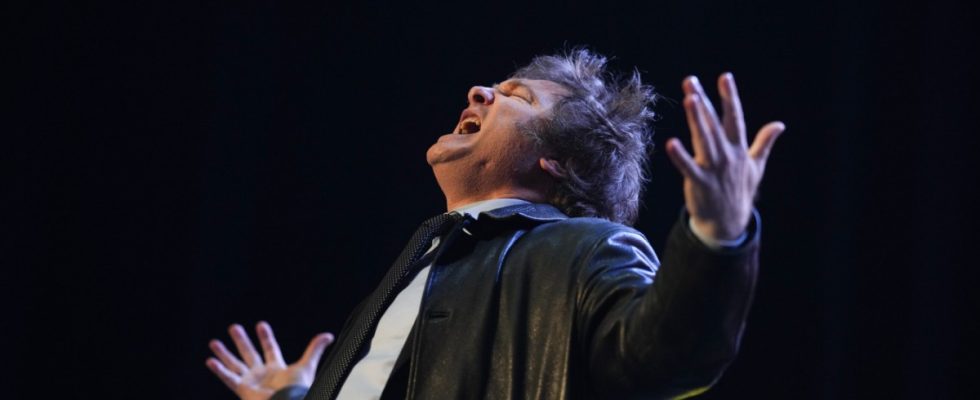Actually, everything looked as if the EU-Mercosur trade agreement was about to become a reality. Negotiations began in 1999 to create a huge free trade zone between the European Union and the South American countries Brazil, Argentina, Uruguay and Paraguay. Proponents speak of it as an engine for progress and a guarantee of prosperity. Critics, on the other hand, warn of consequences for the environment and a threat to local markets.
In 2019, after 20 years, an agreement was reached, but nothing has happened since then. The agreement is on hold, sometimes blocked by one side, then the other. But now, finally, everything seemed to be right: Luiz Inácio Lula da Silva, the President of Brazil and therefore also the head of state of the largest Mercosur state, wants to meet with EU Commission President Ursula von der Leyen next week. Afterwards we should continue to Berlin, and at some point at the beginning of December Lula wanted to ceremoniously announce his approval of the new trading partnership. That was the plan. Actually.
For Milei, Brazil’s President Lula is a “crook” and “raging communist”
Because now, shortly before the home straight, a problem has arisen again: Javier Milei, newly elected president of Argentina, a self-proclaimed “anarcho-capitalist” and libertarian populist. He has promised to radically restructure his homeland, but also to reposition the country’s foreign policy: During the election campaign, Milei railed against his trading partner China and spoke of “murderers” because the government in Beijing was allegedly killing its people. But there should also be an end to the cronyism among leftists in Latin America, with regimes in Cuba or Venezuela, but also with the Workers’ Party government in Brazil. In any case, for Milei, President Lula is a “crook” and “raging communist.” A collaboration: unimaginable, not even in the Mercosur alliance. Milei believes that this should be eliminated anyway: “A defective customs union that harms the upstanding citizens of Argentina,” he says.
Harsh words – and after Milei’s election victory on Sunday, there was initially perplexity in Berlin and Brussels. Agriculture Minister Cem Özdemir said the environment had now become “more difficult” and, referring to the contract between the EU and Mercosur states, warned: “We have to hurry up.” The EU foreign policy chief Josep Borrell sees it similarly: The negotiations must be “concluded as quickly as possible”. The tenor is that the agreement should be pushed through before Javier Mileis takes office on December 10th. End times mood. What hasn’t worked in more than 20 years now needs to be done in less than two weeks.
But now Argentina’s future president has had to backtrack in several areas since his victory at the polls last Sunday. With the government in Beijing, which he recently insulted as a “murderer”, In any case, Milei politely thanked him for the nice congratulations on his election victory.
And so far the right-libertarian politician has not yet asked for an apology in Brazil for his verbal attacks on Lula, but he should be allowed to come to the inauguration, Milei explained this week: “After all, he is the President of Brazil.” A country that is not only a neighbor, but also by far Argentina’s most important trading partner.
Uruguay’s president is toying with a bilateral agreement with China
So realpolitik instead of radical rhetoric, and that’s why the question is how big the danger Milei actually poses to the EU-Mercosur Treaty. For despite all the supposedly ideological concerns about working with supposed communists in Mercosur, Milei is at the same time a libertarian and for free trade, not against it. What’s more: a finally ratified agreement could even be sold as a success when he takes office on December 10th.
The danger, however, comes from another direction: on the one hand, there are left-wing parties and conservationists who are putting pressure on it, and French cattle breeders who fear meat imports from South America. There is also frustration in Paraguay and Uruguay: the two smallest Mercosur member states are slowly running out of patience. In any case, Uruguay’s President Luis Alberto Lacalle Pou has been toying with a bilateral agreement with China for some time, and Paraguay’s head of state Santiago Peña has announced that he wants to break off the negotiations entirely if there are no results by the time he takes over the presidency of the Mercosur states. The date for this is December 6th – four days before Javier Milei takes office.

